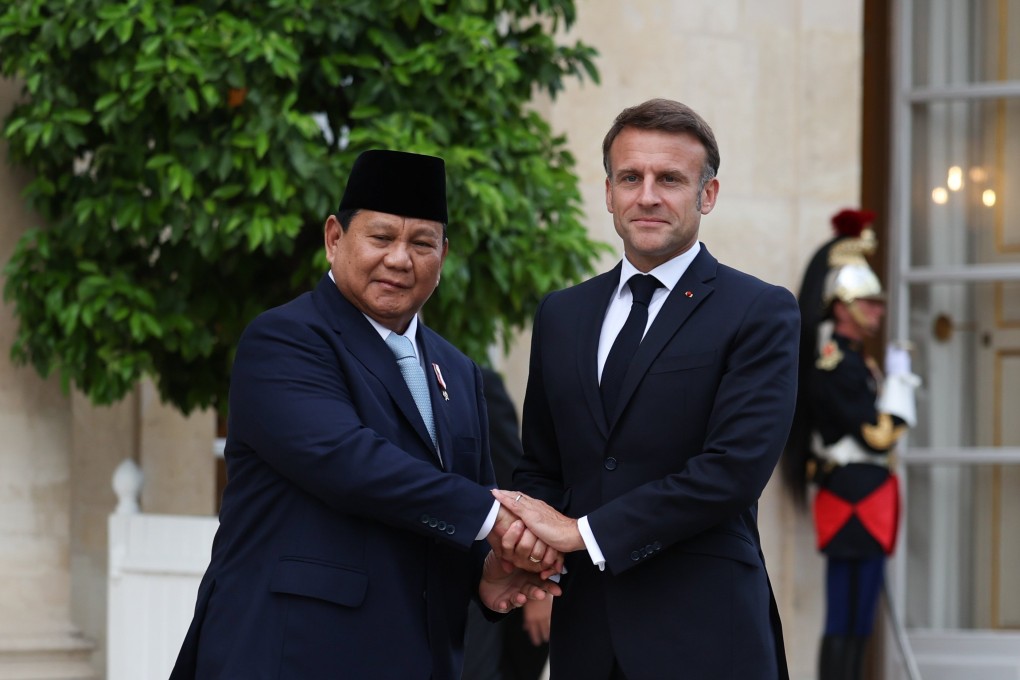Advertisement
The View | Prabowo needs foreign allies and funding to realise Indonesia vision
- Foreign investors need not fear a Prabowo administration that will be business-friendly and focused on an inclusive kind of nationalism
Reading Time:4 minutes
Why you can trust SCMP

Foreign investors looking at Indonesia’s prospects under President-elect Prabowo Subianto should not be deterred by his image as a hyper-nationalist leader who could be bad for business with the rest of the world because of placing security interests over economic interests.
Advertisement
He is certainly a nationalist, one who stands a political notch or two above others who have ruled Indonesia since its democratisation after the Suharto years. However, the Prabowo administration could be surprisingly business-friendly, including towards international investors.
This is because countries need foreign partners to uphold domestic growth and finance an ambitious foreign policy. There is no way Indonesia can feasibly turn away from foreign investment under its new president.
Why would it do so? The prognosis for foreign direct investment (FDI) is good but can be better. Indonesia received about 204.4 trillion rupiah (US$12.5 billion) in FDI in the first quarter of this year, accounting for more than half of total investment in that period. This represents a 15.5 per cent year-on-year growth.
When Prabowo takes office in October, he will inherit a strong economy underpinned by stable growth projected to average 5.1 per cent per year through 2026, a low fiscal deficit, tolerable levels of public debt and sound external accounts. Against that background, the incoming president is confident of achieving higher economic growth within the first two to three years of his presidency.
Advertisement
That might look like a tall order, but Indonesia is growing taller. Finance Minister Sri Mulyani Indrawati said recently that the government aims to achieve economic growth of between 5.1 and 5.5 per cent in 2025 by focusing on sustainable inflation, the development of the electric vehicle industry, digitalisation and climate change initiatives through green economy and energy policies.

Advertisement
